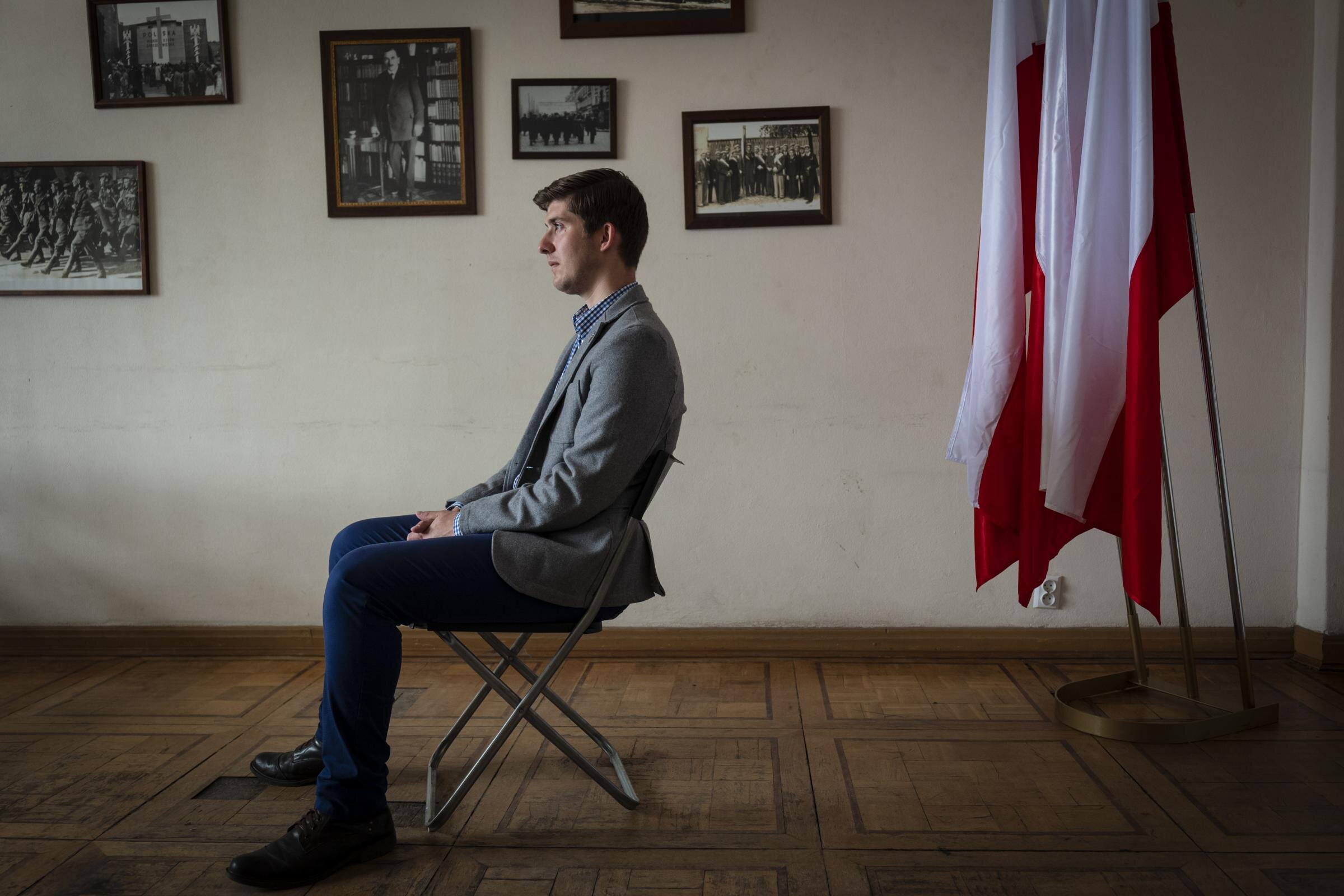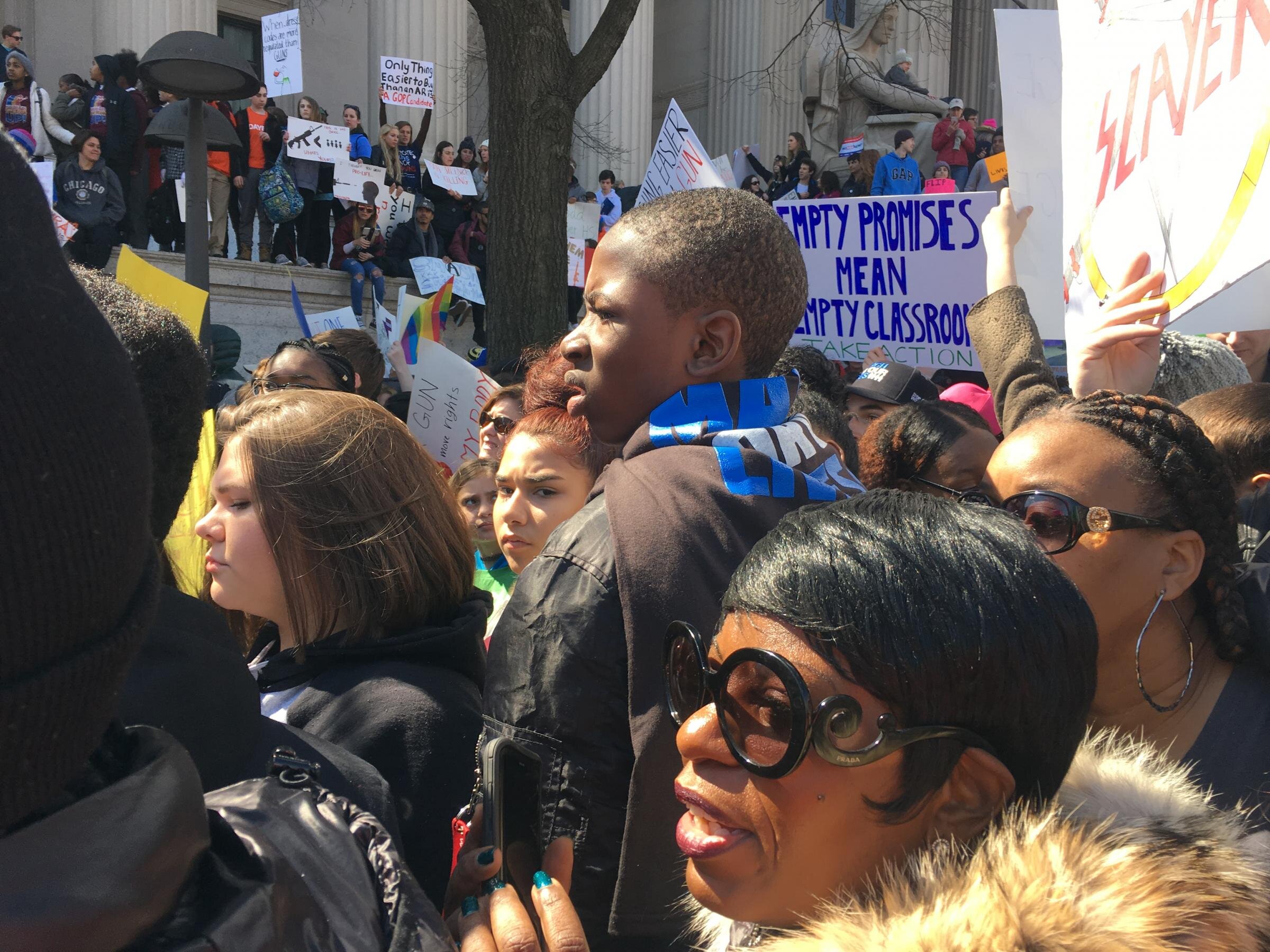
Generation Activist
Young People Choose Protest Over Traditional Politics
An Investigative Report By: Dan Morrison, Journalist, Email and Chris Tyree, Journalist, Email
Kimberley Kute’s introduction to democracy was traumatic.
As a teenager, Kute helped her mother deliver meals to brutalized supporters of Zimbabwe’s political opposition while they recovered from the burns and shattered bones of a violent 2008 election campaign.
The memory of raw flesh and swollen faces endured. “What I took from it was, maybe you should not be involved in politics,” Kute recalled. “Don't do anything. Don't even vote.”
Now, Kute, a 24-year-old events manager, was eager to mark her ballot in Zimbabwe’s first election since the army removed longtime ruler Robert Mugabe last year. “Your vote is your say, it’s your voice,” Kute said, echoing dozens of youth interviewed in the clear, warm days before polls opened. “I’m very hopeful.”
In a contest where both major presidential candidates claimed to represent change, would Zimbabwe’s alienated youth participate?
Around the world, fewer are.
A growing number of younger adults worldwide who say they are interested in politics are nevertheless disenchanted with formal political engagement. They might vote and yet be disappointed with traditional politics leading them to favor street protest and informal organizing, according to an Orb Media analysis of data from more than 979,000 people in 128 countries.
Adults younger than 40 are between nine and 17 percent more likely to prefer informal political activity than those older than 40 — a marked increase from the early 2000s, when under-40s were only three percent more likely to protest.
“We need a more participative young generation to come up and raise their voices and play a bigger role in democracy,” said Shahrul Saari, 43, acting chair of Bersih 2.0, a Malaysian democracy watchdog.
Youth have always voted in lower numbers. But while surveys show that democracy remains the most desired form of government, fewer young people are joining as volunteers, party members, or campaigners.
This participation gap is widening. As more youth choose informal politics, more older adults avoid protest.
There are different reasons for this ambivalence. Many young activists prefer horizontal, digitally-networked movements to top-down legacy organizations. Some countries lack a motivating ideological battle.
Another factor is the exclusion of new voices within established structures. (Just two percent of the world’s parliamentarians are younger than 30.) Youth may reject mainstream politics as morally compromised.
“Younger adults prefer the anti-establishment,” said Mattia Forni, 27, an Italian analyst for the pollster Ipsos.
WE’RE ASKING YOU
In Poland’s 2015 elections, many leftist youth “decided not to vote for the lesser evil, and to oppose the system in general,” said activist Dominik Puchala, 20.
Polish youth who did vote favored parties of the far right. The center-left was routed. “Was it dangerous? Probably, yes,” Puchala said, as he sipped coffee in a Warsaw bookshop. “We are now observing the effects.”
Voting is a form of influencing something very formally,” he added. “But sometimes, especially in societies that are not civil societies, it is not enough.” The next day, under a summer downpour, Puchala triggered a device that billowed hot-pink smoke during a demonstration outside parliament.
The street can be a preference, or an anguished last resort.
“I am not expected to protest, but I had to. I did not have any other option,” a Bangladeshi architecture student said.
Protesting students were attacked by constables and ruling party activists in August when thousands blocked traffic to demand road safety after two teens were killed by a speeding bus in Dhaka, the capital.
“I will never vote,” the 20-year-old said, her arms bandaged from a police beating. “Our vote doesn’t even matter.” When the protests cleared, amid continued arrests of students, Bangladesh’s government announced a 5-year plan to professionally train 136,000 bus drivers already on the roads.
“The political leaders, they are all corrupted. They are doing nothing.”
— Architecture student, Bangladesh
Youth marching for political and economic justice have in recent years forced the removal of leaders in Slovakia, Guatemala, Tunisia, and Egypt. In each, the establishment has reasserted itself.
“If young people only employ civil disobedience, they will inevitably be left out of many decisions,” a recent paper by the US-based Consortium for Elections and Political Process Strengthening noted.
In other words: You have to be in it to win it. Two-thirds of non-voters in the 2016 US presidential election were younger than 50, while only one-third of American youth approve of Donald Trump’s performance as president. The gap is obvious.
But formal parties will also have to adjust to voters who are attracted to individual causes and who expect a role in decision-making. ”There’s a problem with the more traditional forms of politics,” said Ben Lake, 25, who is the second-youngest member of the British parliament. ”I don’t think parties in the UK have woken up to it.”
For many youth, joining the system isn’t easy.
“Party structures don’t quite cater to them,” Lake said. (Only 14 out of 650 British MPs are under 30.)
“They tell us: If you were not part of the revolution in 1979, you have no say,” Maria*, a 22-year-old Nicaraguan activist, said while hiding from security forces that have killed hundreds of youth since anti-corruption protests exploded in April.
Maria had worked for three years to get young people involved in civic issues in the capital, Managua. Now, she’s underground. “The alternative for me would be to stay quiet at home and complain to friends and families. But we, the young people, we have to make ourselves heard.”
“My parents and their generation overthrew one dictator,” said Madeleine, 20, a Nicaraguan activist in exile in Europe under fear of arrest after she read out the names of slain protesters during a televised meeting with president Daniel Ortega. “Now we have to do the same.”
“My parents and their generation overthrew one dictator. Now we have to do the same.”
— Madeleine, age 20, Nicaragua
Young people’s experiences with generational chauvinisms — “adulterismo” as Madeleine calls it — cuts across continents.
Zimbabweans born after white-minority rule was overthrown in 1980 are called “Born Free.” “It sort of says that you did not fight for the liberation of the country, so your opinion doesn't really matter,” Kute said. The Born Frees feel they lost their future to an aging, corrupt elite. Today, they struggle with underemployment, and Zimbabwe lacks its own currency.
Corruption also depresses the youth vote.
Orb Media’s analysis found that, worldwide, under-40s who think their government is corrupt were between seven and 15 percent less likely to vote than peers who don’t perceive corruption. Over-40s who saw corruption were only four to seven percent less likely to vote.
In Zimbabwe, youth who perceived corruption were 21 percent less likely to vote than those who didn’t, according to 2016 data.
The youth vote “is primarily on the basis of anger and immense suffering, not on the basis of political education,” Guta Chengetai, 35, an opposition spokesman, said.
But a galvanizing candidate or issue can still captivate.
Youth in Poland and Italy were energized by anti-immigration platforms. In 2015, when demonstrations forced Poland’s government to block 6,200 asylum seekers, “we really felt that we won,” said Mateusz Marzoch, 24, a spokesman for a far-right youth group. Marzoch, the son of a dairy farmer, wants to bring Polish youth closer to God and nation.
“Minority rights can not in turn be imposed on the majority, which is very often exactly what happens in Western societies.”
— Mateusz Marzoch, age 24, Poland
The line between formal and informal has always been permeable. The street and the internet can’t help but influence policy.
In the US, survivors of a school shooting that killed 17 children in Parkland, Florida, created a movement to boost first-time voters in the November congressional elections.
“Treat every election like it’s the last one you’ll ever have,” Parkland activist David Hogg, 18, tweeted recently. A serious and telegenic presence among a group notable for its media-savvy members, Hogg has used a Twitter and Instagram following of nearly 1 million to force major consumer brands to cut ties with the US gun lobby.
After voting with her mother at a local primary school on July 30, Kimberly Kute celebrated by posting a photo of her dyed little finger on Twitter. (She didn’t reveal her choice.)
Officials eventually declared incumbent Emmerson Mnangagwa, 75, the winner over his main challenger, 40-year-old Nelson Chamisa, amid accusations of cheating and intimidation. “What I can safely tell you is that Chamisa got the youth vote,” said Kindness Paradza, 55, a ruling party politician.
While election officials delayed the presidential announcement, soldiers opened fire when chanting protesters flooded downtown Harare, the capital. Six people were killed; a wave of arrests followed, and Zimbabwe fell into uncertainty and gloom.
Where democratic space is limited, digital platforms can offer a safe haven.
In Zimbabwe, the 10-year-old Magamba Network distributes youth-oriented comedy, news, and public polling to an audience of millions through social media. “There was a missing youth voice in the mix,” said co-founder Tongai Makawa, a 34-year-old poet.
“If young people are organizing on social media, if they are organizing on digital platforms, or through satire, we should follow their lead,” said Rachel Mims, 30, of the US-based National Democratic Institute.
Days after the election in Zimbabwe, some streets were still littered with spent rifle shells and bloodstains.
“When I voted I was very, very hopeful,” Kute said of the violence. “Because of this, my faith was broken. But I believe at some point there must be some change. I will always exercise my right to vote.”
* Maria’s name has been changed to protect her identity.


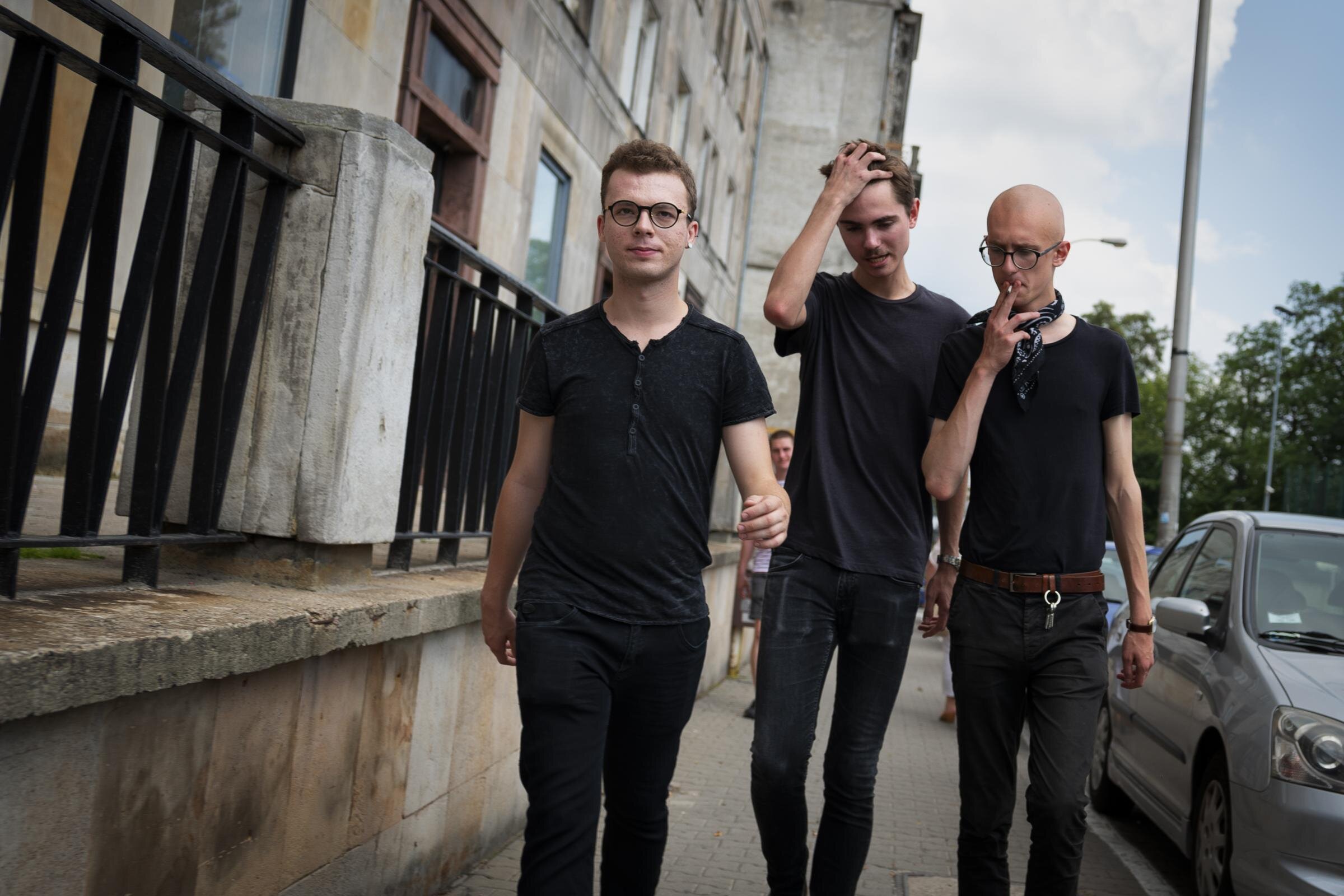



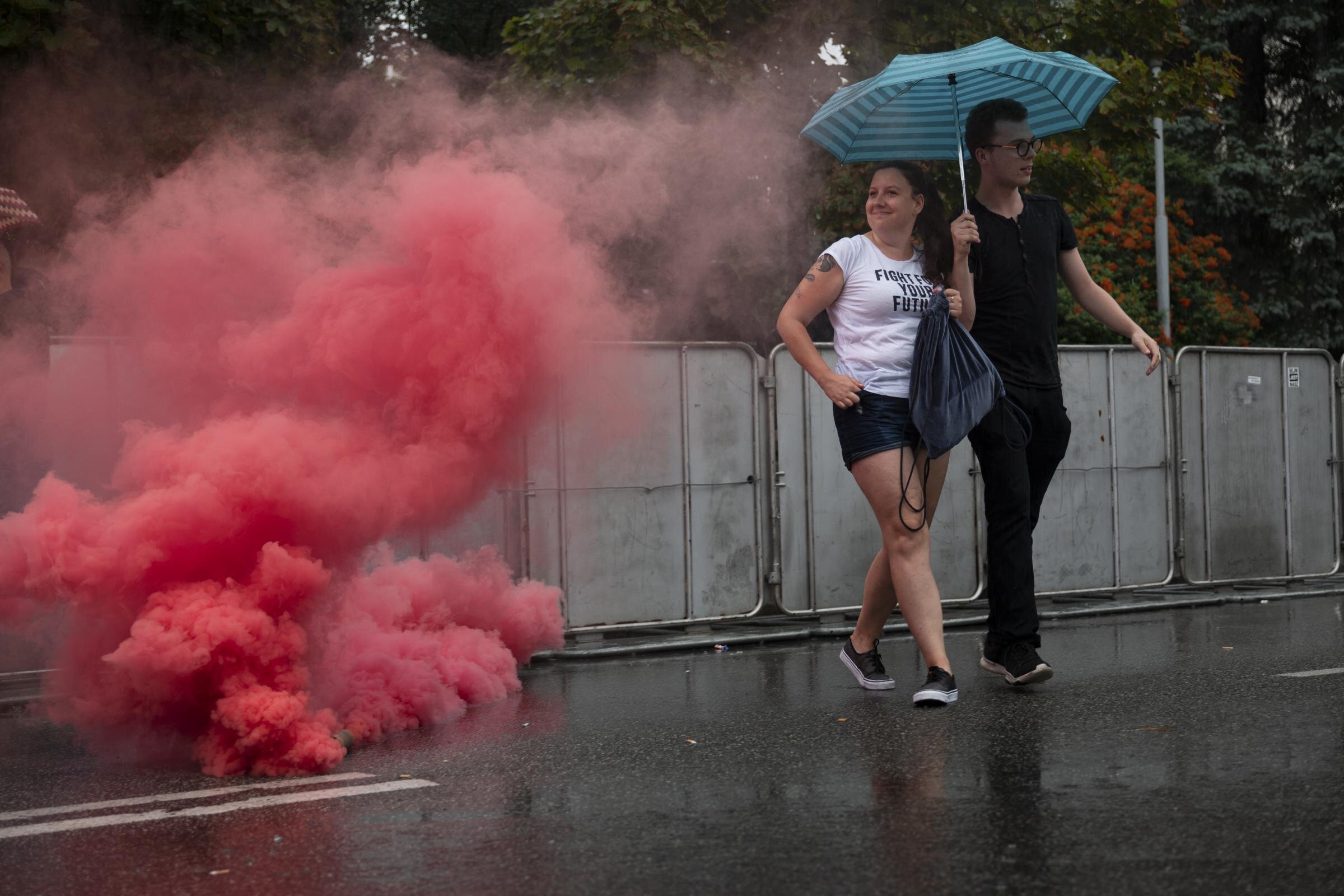


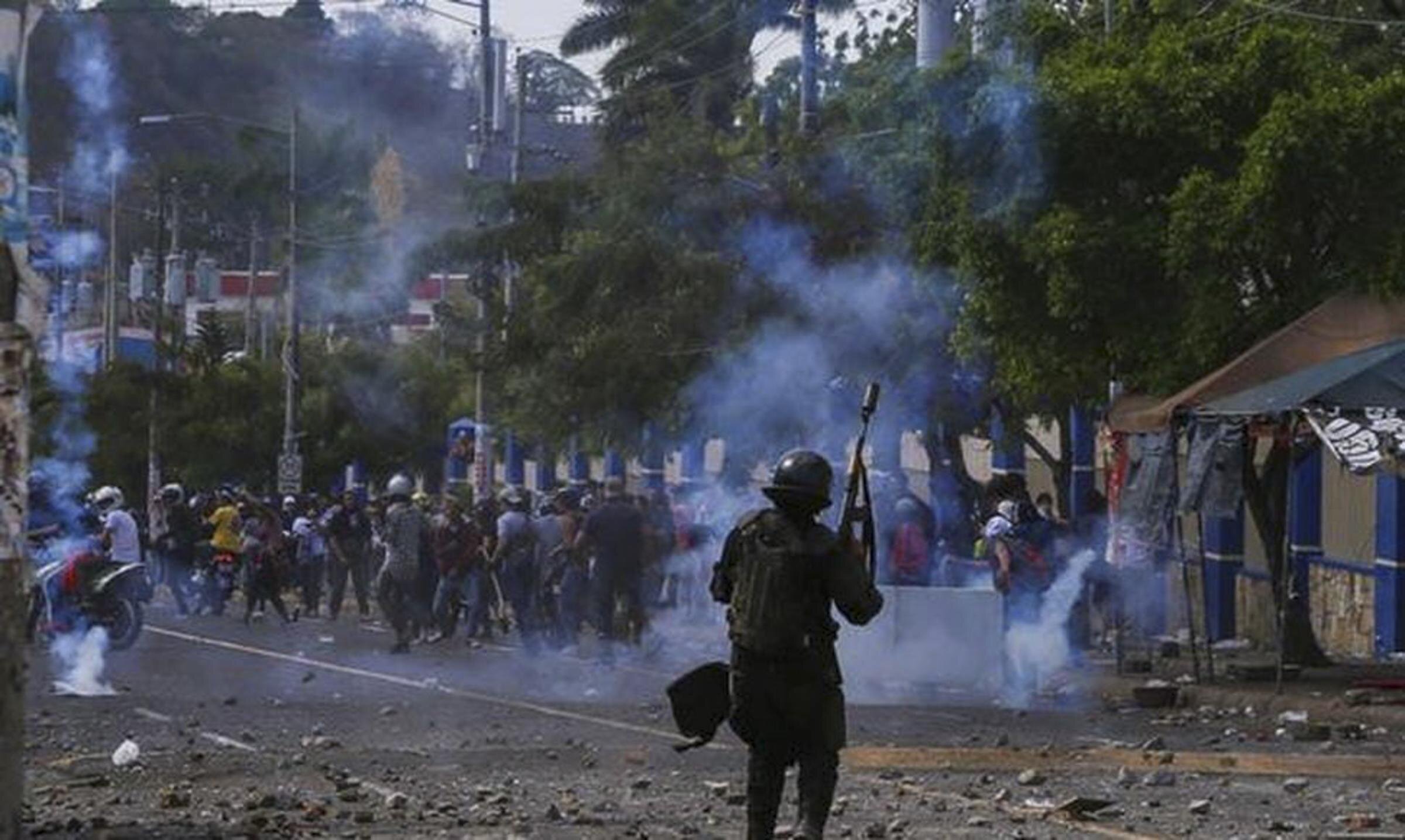


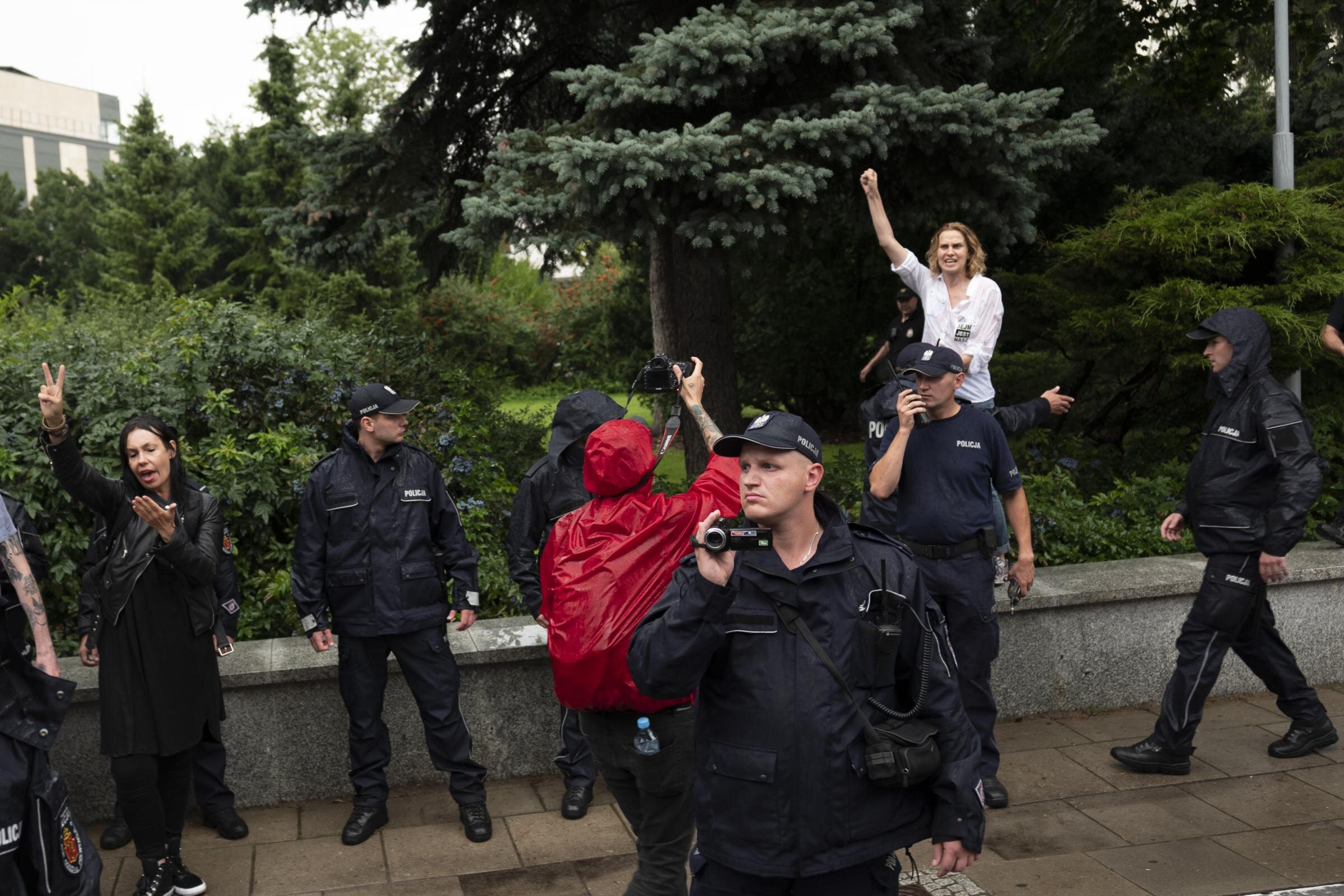

![”YOUNG PEOPLE CAN HAVE AN INFLUENCE ON [POLITICS], WE CAN GO VOTE AND CHOOSE. WE CAN TAKE PART IN THE DEBATE.” MAGDALENA MALEC, 17, OUTSIDE HER FORMER SCHOOL IN SUCHEDNIOW, POLAND. SHE SAYS LOCAL POLITICIANS COMPLAINED ABOUT HER ACTIVISM TO HER SCHOO](https://images.squarespace-cdn.com/content/v1/5eb2ffcea906345bde04e1e9/1595775877438-018YECYJ4JQP6W4MITRM/genac+12.jpg)
!["I'M FEELING OPTIMISTIC INDEED. LOOKING FORWARD TO THE UPCOMING FIVE YEARS FOR BETTER SERVICE DELIVERY [AND] ECONOMIC REVIVAL." BRANDON SVONGWA, 22, TRAVELED 6 HOURS BY ROAD TO VOTE IN HIS HOME TOWN. HE SUPPORTED THE RULING PARTY, WHO HE SAID WERE ZI](https://images.squarespace-cdn.com/content/v1/5eb2ffcea906345bde04e1e9/1595775875049-LMYCT238JA7LKZOT3D3U/genac+13.jpg)




